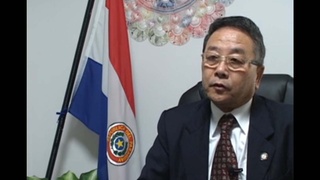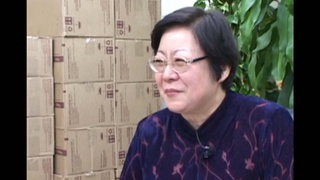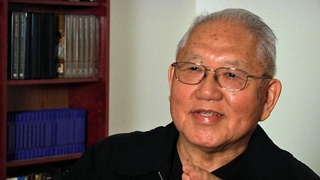Interviews
Cincip
Cincip is picnic spelled backwards and I think even that is just to say, we’re not just a regular old picnic. You know there are like kenjinkai picnics and other people had you know all American picnics. We were sort of saying this is going to be our own kind of picnic.
A lot Gidra people were involved of it, but I don’t think it was a Gidra event. I think you might get that impression because some people sort of see the countercultural side of the movement associated with Gidra, which, you know there’s an aspect to that and cincip, it kind of seem to be that countercultural you know like sort of, you know, all about peace and love, all of that.
So, but...I think it was, you know a good way for everybody in the movement to get together and just have a good time and we’re all just young people who want to have fun. We don’t, you know, it’s not all about the struggle, having a good time, bonding with each other, and making friends is a part of the struggle.
Date: September 29, 2011
Location: California, US
Interviewer: Kris Kuromitsu, John Esaki
Contributed by: Watase Media Arts Center, Japanese American National Museum






